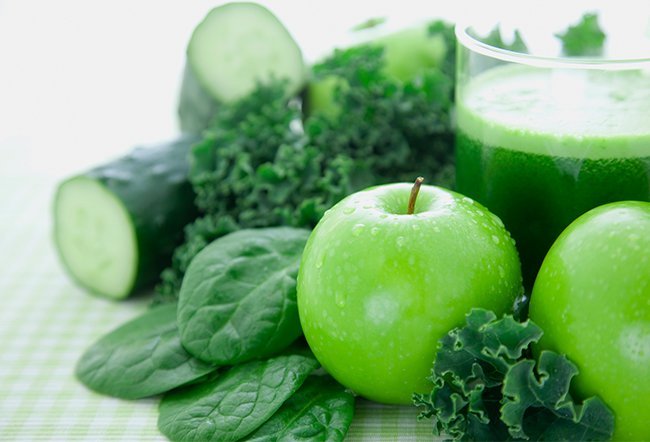How Can I Raise My Iron Levels Fast?

If you have iron-deficiency anemia, taking iron orally or getting iron administered intravenously along with vitamin C is often the fastest way to raise your iron levels.
Iron is necessary to produce hemoglobin in red blood cells, which helps the RBCs carry oxygen to organs and other tissues of the body. Lack of iron disrupts this process, and insufficient oxygen supply can make you feel tired and short of breath during physical activities.
Your doctor will first try to identify the cause and severity of your anemia and then recommend the right treatment for you. Depending on your blood tests (including hemoglobin level, red blood cell count, etc.), your doctor may recommend eating iron-rich foods and vitamin C-rich foods instead of prescribing an iron supplement. In severe cases, a blood transfusion may be needed.
What foods can help raise your iron levels?
It is important to have a balanced diet that is rich in vitamins and minerals to avoid suffering from any deficiency. When it comes to iron-deficiency anemia, look for foods that are rich in iron, vitamin C, and vitamin B12 and folate.
Food sources of iron include:
- Spinach
- Watercress
- Kale
- Raisins
- Apricots
- Prunes
- Meat
- Chicken
- Iron-fortified cereals and breads
Food sources of vitamin C include:
- Grapefruits
- Oranges
- Kiwis
- Strawberries
- Plums
- Tomatoes
Food sources of vitamin B12 include:
- Meat
- Chicken
- Fish
- Eggs
- Fortified breads, pasta, rice, and cereals
What causes iron-deficiency anemia?
Iron-deficiency anemia is caused by loss of iron in your body through:
- Blood loss, which may be due to:
- Heavy periods
- Peptic ulcers
- Hiatal hernia
- Colon polyps
- Colorectal cancer
- Regular use of some over-the-counter non-steroidal anti-inflammatory drugs (NSAIDs)
- Lack of iron in your diet
- Inability to absorb iron due to an intestinal disorder or surgery that removes a part of your intestine. Iron absorption from food first occurs in the small intestine, which is then released into the blood. An intestinal disorder, such as celiac disease, hampers this process. Surgical removal of a part of the intestine also reduces your ability to absorb enough iron.
- Periods of increased iron needs, such as pregnancy and lactation, may also contribute to iron deficiency. Without adequate iron intake, pregnant women often suffer from iron-deficiency anemia. Excessive bleeding after childbirth may also cause anemia.
What are risk factors for iron-deficiency anemia?
People who have an increased risk of developing iron-deficiency anemia include:
- Women. Women lose iron from blood loss due to monthly periods.
- Infants. Premature infants and infants who do not get adequate iron supply from breast milk carry a greater risk of developing iron-deficiency anemia.
- Vegetarians. Vegetarians are more likely to have inadequate levels of iron if they do not get enough iron from food sources other than meat.
- Blood donors. Blood donors should always remember to replenish their iron stores by eating a diet rich in iron.
